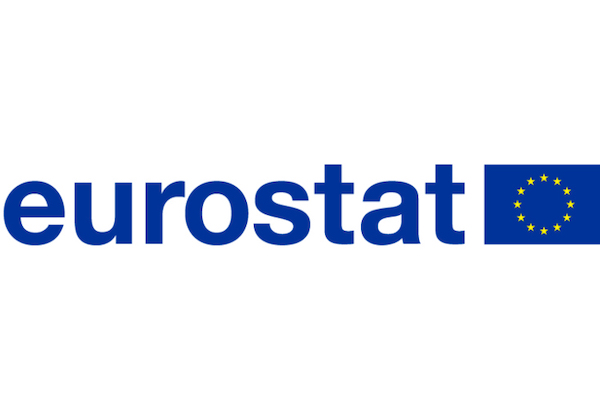Many public policies in Europe and around the world aim at improving people's digital skills so that they can participate and take full advantage of all aspects of the digital society.
As part of its new skills strategy for Europe, adopted in June 2016, the European Commission has launched a new "Coalition for Digital Skills and Jobs. This coalition brings together Member States and stakeholders in education, employment and industry "to build a broad pool of digital skills and ensure that people and the workforce in Europe have the right digital skills" .
In 2013, the European Commission published the European Reference Framework for the Digital Competences of Citizens, also known as DIGCOMP. This repository describes in detail "all the skills and knowledge needed to master digital environments, i.e. 21 skills divided into 5 domains (information, communication, content creation, security, problem solving)". The report also provided a self-assessment grid to map the digital skills acquired.
Based on this framework, Eurostat, the statistical office of the European Union, has designed a new "Digital Skills Indicator" to exploit and put into perspective the data collected in the annual EU survey on ICT use by households and individuals. Eurostat has applied this analysis grid to the 2015 EU survey data and has just published a first wave of results.
According to Eurostat, 21% of the EU population can be considered "digitally illiterate". This figure varies from 3% in Luxembourg to 44% in Bulgaria and Romania. It is 12% in France. In eight EU countries (Portugal, Poland, Hungary, Cyprus, Italy, Greece, Bulgaria and Romania), 30% or more of the population has no digital skills.
Adding up those with low or no digital skills, Eurostat estimates that 45% of the EU population has insufficient digital skills.
This digital skills deficit concerns 37% of the European working population and 37% of the French population.
Références :
Sources
- 1. Video of the European Commission on digital skills
- 2. European Commission: Ten actions to help equip people with better skills in Europe
- 3. European Commission: Digital Skills at the core of the new Skills Agenda for Europe
- 4. European Commission: Inclusion and Skills in the EU 2016
- 5. Eurostat: Digital Skills Indicator (methodological note)





